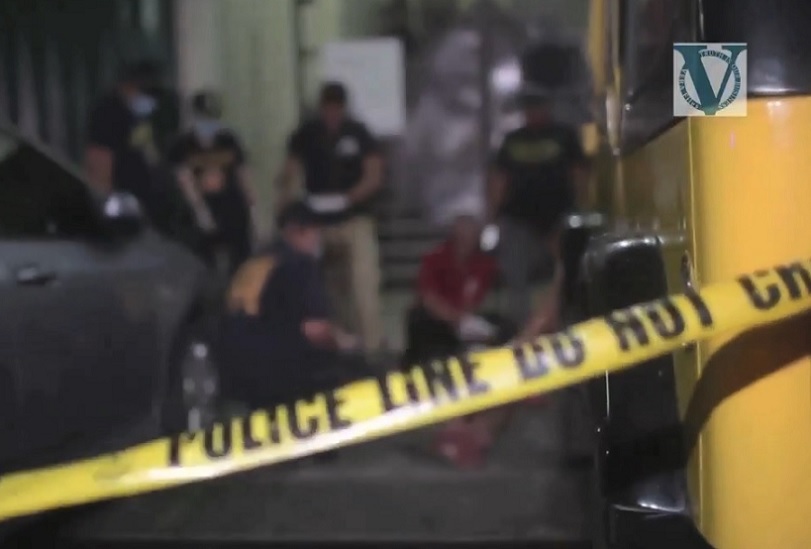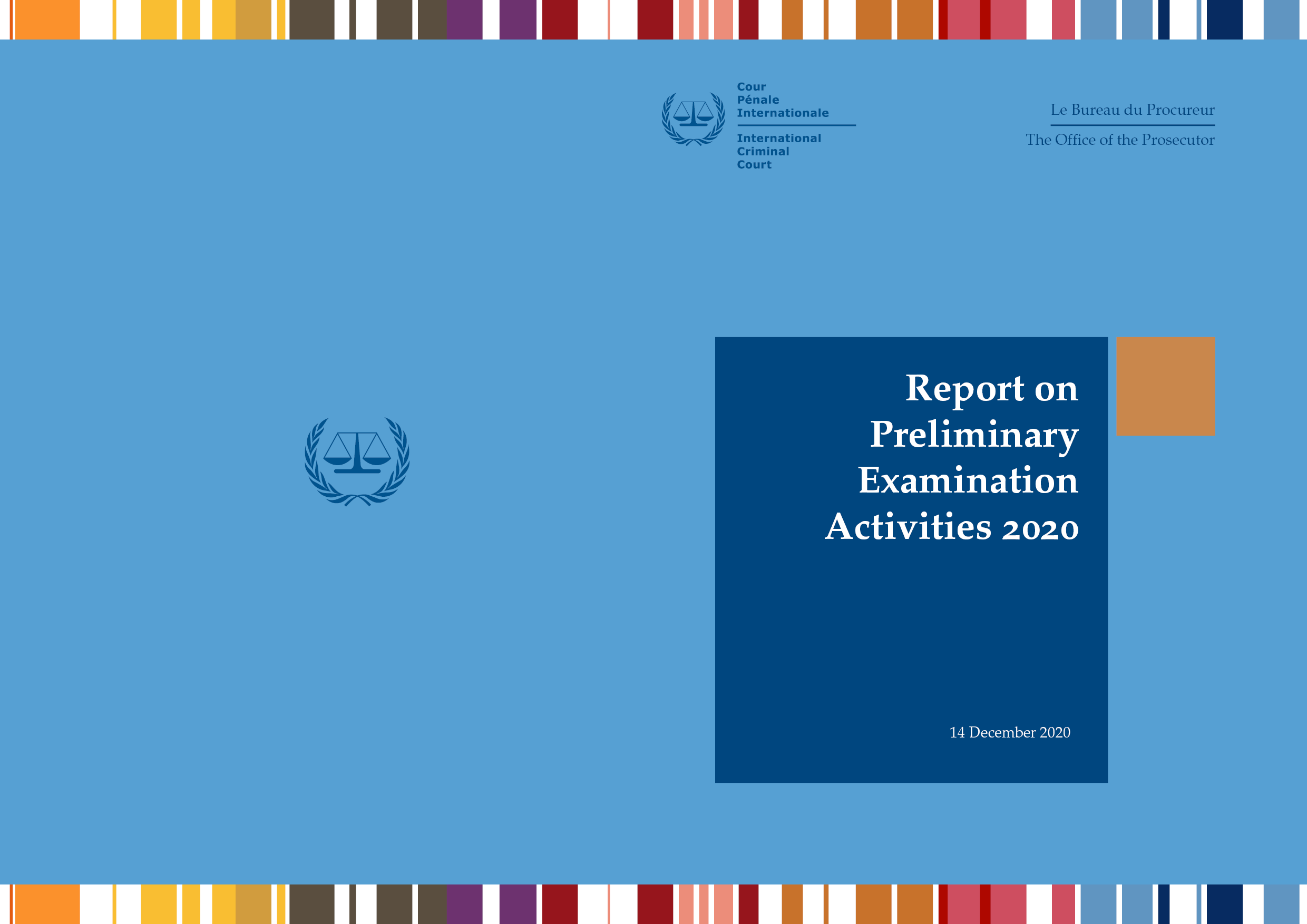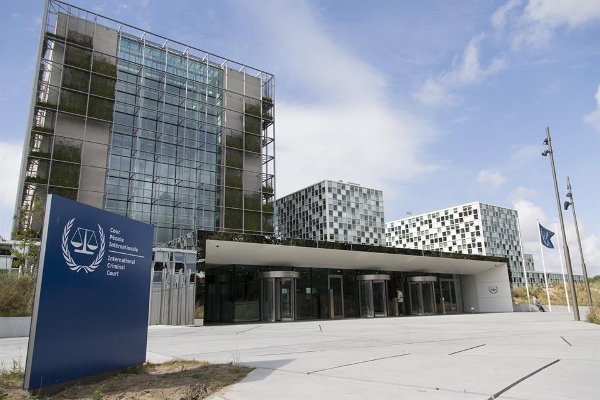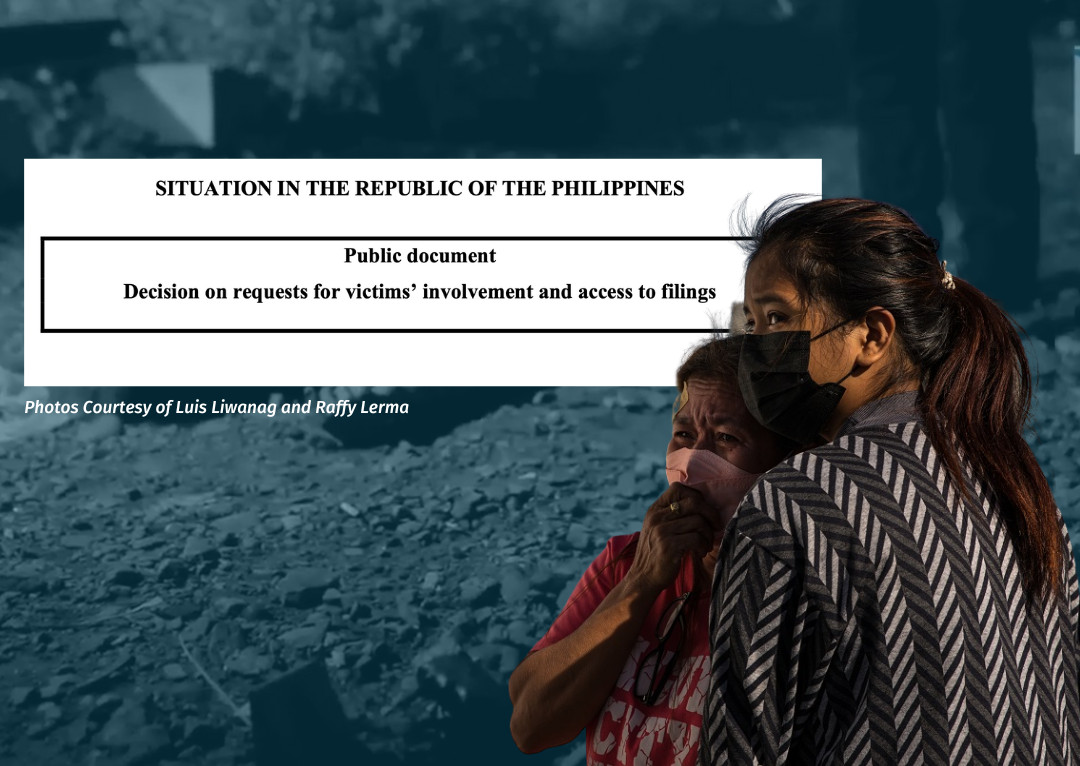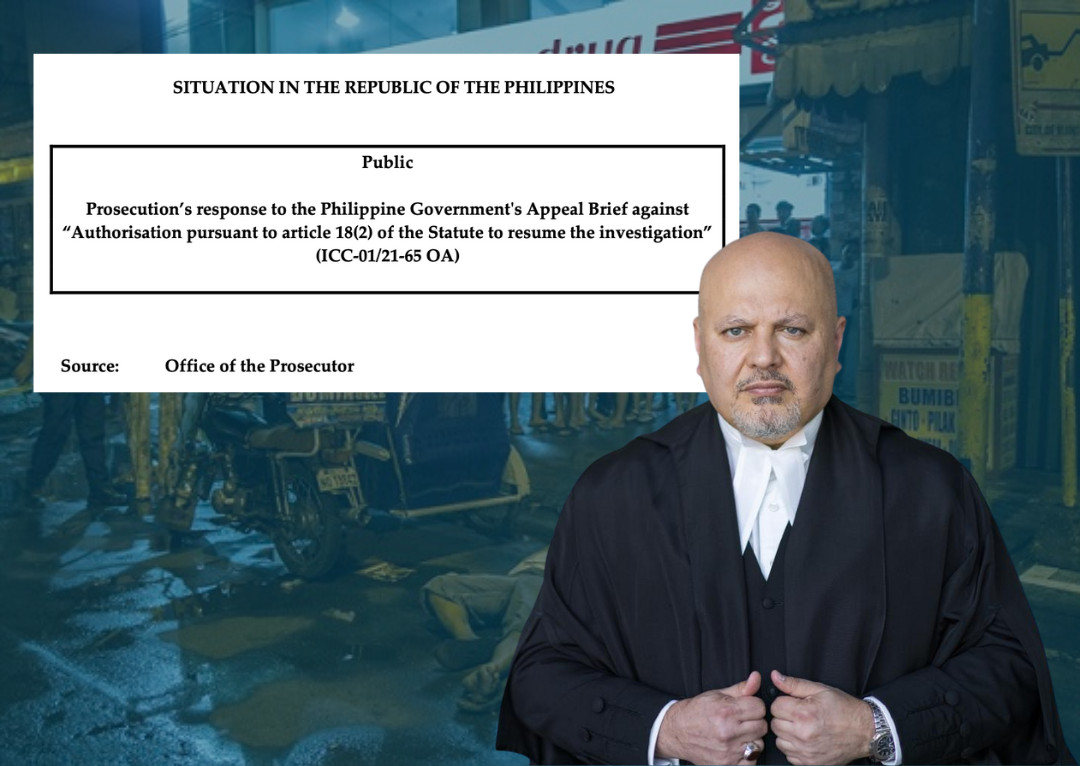The Philippine National Police (PNP) thinks it’s doing the Filipino people a favor in allowing the Department of Justice (DOJ) access to records of 61 cases of killings involving police officers in Duterte’s bloody drug war.
Justice Secretary Menardo Guevarra is very grateful and called it a “very significant milestone” because it “did not happen in previous years.”
This is no different from President Duterte thanking China for allowing Filipino fishermen to fish in the area of Scarborough Shoal, a Philippine territory. But that’s another topic that requires a separate discussion.
This so-called “very significant milestone” came after a meeting with newly installed PNP chief Gen. Guillermo Eleazar who said this is being done to dispel allegations that they are hiding facts on the killings from the public to protect the law enforcers involved in carrying out Duterte’s brutal banner program that has elicited international concern and condemnation.
No one is biting the bait, especially the families of the victims and their lawyers.
Not Joel Butuyan of Centerlaw, which represents families of the victims of the drug war in 28 barangays in San Andres Bukid.
Butuyan said: “The fact that the PNP’s consent is required for the DOJ to investigate the deaths in the hands of policemen is in itself anomalous.”
“The DOJ is supposed to have unobstructed leeway to conduct investigations when deaths occur in the hands of policemen. In fact, under DOJ rules, when death occurs during a police investigation, the police are required to submit all relevant documents to the prosecutors and the prosecutors are mandated to conduct a preliminary investigation. So, all deaths in the hands of policemen should have been investigated by the DOJ, and the police should submit all documents, not just the 61 deaths in question,” he added.
The 61 cases constitute less than 1% of the more than 7,000 that the government uses as the number of deaths during police anti-illegal drugs operations. Human rights advocates say the numbers could be higher.
The 61 cases, Guevarra said, had been reviewed and evaluated by the PNP Internal Affairs Service which had found administrative/criminal liability on the part of law enforcement agents.
Edre Olalia,secretary general of the National Union of Peoples’ Lawyers (NUPL)-Philippines that also represents several families of victims of Duterte’s drug war, is wary that “it might be another tokenistic and cynical mirage, a puny, even if sincere, desire at real institutional reforms that actually go far beyond them alone.”
He said victims, families and witnesses in the so-called drug war and rights advocates “cannot be euphoric at this supposed shift.”
“With grounded disbelief, they should see it for what it might be: a finger to plug the hole in the dam i.e. to deflect and dissipate overwhelming criticisms over the lack of immediate, fair and comprehensive accountability,” he said in a statement.
“That only 61 cases are currently seen with ‘clear liability’ out of the thousands of cases that are supposedly within the purview of the drug war panel review is simply incredible and scanty when seen in the context of the records, experience and reality over time,” he noted.
“The disclosure of the records, given the inordinate delay, the hemming and hedging, the issues of transparency, impartiality and independence, and the insultingly petty number to be made available, may even eventually validate the view that it may have been sanitized and cherry picked to be used as possible ‘showcases,’ inconclusive or not emblematic as they may turn out to be,” Olalia said.
The International Human Rights Watch describes the PNP-DOJ collaboration as “a breakthrough” while noting that Metro Manila police chief Eleazar was a key enforcer of Duterte’s drug war.
With only five months before his retirement, HRW said: “If Eleazar is serious about these reforms, he should ensure the police’s full cooperation with investigators into the ‘drug war’ killings and take more concrete steps to hold abusive officers accountable.”
Families of drug-war related extra-judicial killings had long ago demanded access to police records of the operation but were denied despite repeated orders from the Supreme Court.
Finally in May 2019, the PNP and the Office of the Solicitor General submitted to the High Court 289 compact discs supposedly containing information on the 20,322 drug-related deaths as mentioned in the government’s 2017 Accomplishment Report.
But the documents turned out to be “rubbish,” CenterLaw said, as discs contained irrelevant non-drug related cases like a “love triangle” in which the suspect was the live-in partner who got jealous of the deceased victim and a killing caused by a misunderstanding over a videoke song.
CenterLaw accused the PNP and OSG of resorting to “underhanded machinations.”
“What the OSG and PNP virtually want is for the Supreme Court and the petitioners to utterly waste valuable time and resources examining case files which are totally irrelevant and, in fact, absolutely rubbish insofar as the instant cases are concerned,” it said.
The timing of this PNP-DOJ cooperation makes us suspicious that it is more for the consumption of the International Criminal Court (ICC) that is expected to release its decision on the result of the preliminary examination of the situation in the Philippines before Chief Prosecutor Fatou Bensouda retires on June 15.
The ICC, in its website, states: “Specifically, it has been alleged that since 1 July 2016, thousands of persons have been killed for reasons related to their alleged involvement in illegal drug use or dealing. While some of such killings have reportedly occurred in the context of clashes between or within gangs, it is alleged that many of the reported incidents involved extra-judicial killings in the course of police anti-drug operations.”
Once the ICC decides to open an investigation, investigators would start collecting evidence. Summons would be issued. Refusal to cooperate could lead to issuance of warrants of arrest and freezing of assets.
The Rome Statute that created the ICC provides that it is the duty of every state to exercise its jurisdiction over those responsible for committing international crimes. The ICC can intervene only when it sees that the government is “unable or unwilling” to “genuinely” carry out the investigation and prosecution of the perpetrators.
Guevarra, addressing the United Nations Human Rights Council last Feb. 24 said: ”We reject any attempt by any external entity to assume jurisdiction over internal matters which are being addressed more than adequately by our national institutions and authorities.”
Does access to records of 61 out of more than 7,000 cases enough to disprove the inability and unwillingness of the Duterte government to prosecute those involved in the killings of thousands upon the orders of President Rodrigo Duterte?
The
views in this column are those of the author and do not necessarily reflect the
views of
VERA Files.
